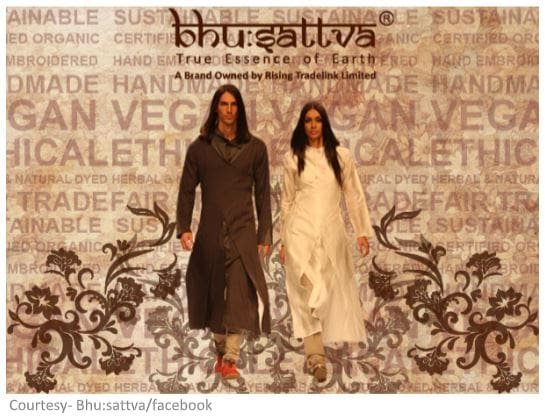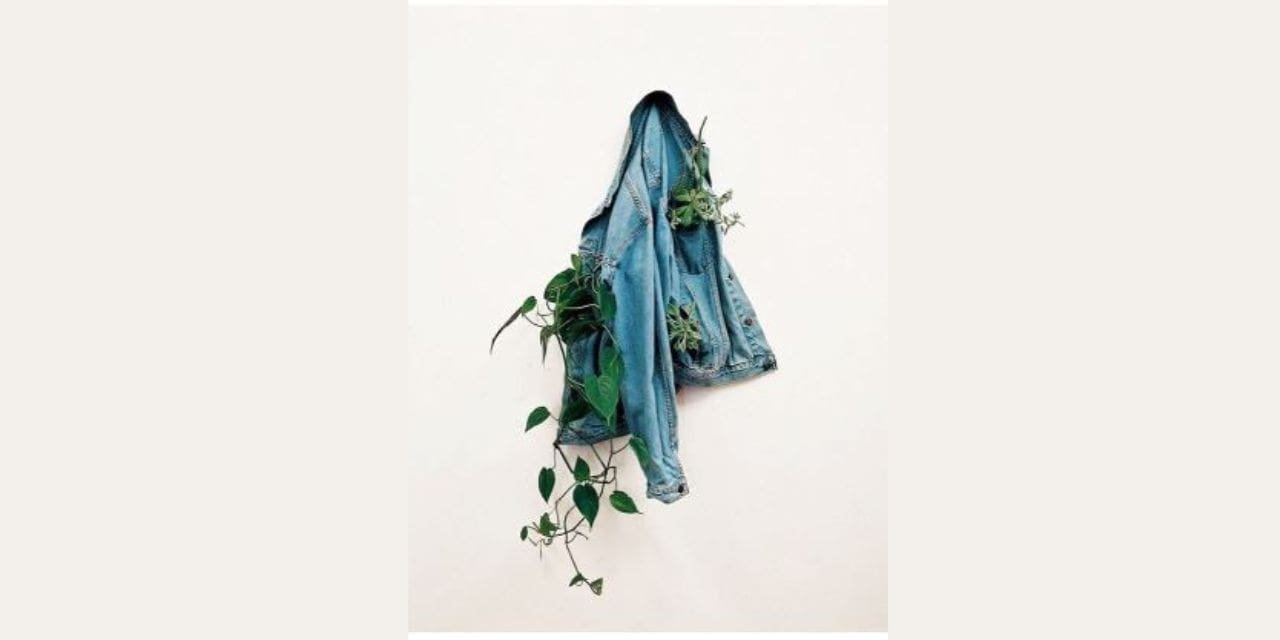-By Ankita Dutta
Sustainability is a crucial duty that global citizens are expected to adhere to. India is no exception, and it is heartening to see that sustainable brands in India are on the rise. According to a report by Greenpeace, the fashion industry generates about 20% of global wastewater and emits 10% of global carbon emissions. The fast fashion industry, in particular, contributes heavily to this environmental impact, with the average consumer buying 60% more clothing and keeping it for half as long as they did 15 years ago.
The need for eco-friendly fashion in India has been on the rise. The Gen-Z shoppers especially are willing to pay more for environmentally conscious products. According to a report by Wazir Advisors, the Indian sustainable fashion market is expected to grow at a CAGR of 10% and reach $8.09 billion by 2025. This growth could be attributed to an increase in consumer awareness towards ethical and sustainable practices in the fashion industry.
The significance of the transformation in people’s mindset towards sustainability has resulted in a change in the way consumers act. More individuals are mindful of their ability and obligation to make decisions that have a favourable effect on the ecosystem.
Here are some brands which can help consumers to approach the eco-friendlier route when
it comes to Fashion.

Fabindia, founded in 1960, stands tall among leading sustainable fashion brands in India. Everything in the store is sourced and made in India, with the brand’s ethos being to preserve and promote the beauty and artistry of the country’s traditional crafts. Fabindia works with artisans from all over India, providing them with a platform to sell their handloom products, and supporting their livelihood in the process.

Bhu:sattva is another brand that has been making waves in India’s sustainable fashion scene. The brand’s collections showcase organic and handwoven fabrics using natural dyes and traditional Indian techniques. Bhu:sattva also prioritizes fair trade practices, ensuring that all garments are ethically produced, in line with the brand’s values.

Tjori is another socially responsible brand committed to ethically sourcing and producing products. The brand works with artisans and craftspeople across India to create a range of products, including clothing, jewelry, and home decor. Tjori is dedicated to supporting rural communities and preserving traditional techniques and crafts.

Doodlage is paving the way for a more sustainable future by using recycled materials to create unique and eclectic designs. With its creative clothing designs, the brand offers a stylish and environmentally conscious alternative to fast fashion. From upcycling denim to creating jackets and blouses using discarded sarees, Doodlage’s products are an ode to sustainable living.
Other notable sustainable fashion brands in India include Latha Puttna, which offers eco-
friendly textiles and clothing materials created with natural fibers such as silk and cotton.
Zola India is also a sustainable brand committed to using recycled materials to make its
products.
The emergence of sustainable brands indicates a promising trend that is promoting environmental sustainability and social responsibility. These brands are not only committed to creating products that are environmentally sound, but also ones that follow socially responsible and ethical standards of production. Consumers in India and worldwide are attracted to sustainable brands as they align with their priorities and their social and environmental values.
In conclusion, sustainability is a global issue that requires collective attention, and the rise of sustainable fashion brands in India is a welcome development. Brands like Fabindia, Bhu:sattva, Tjori, Latha Puttna, Doodlage, and Zola serve as examples for other companies to follow. Therefore, supporting sustainable brands in India by making responsible purchasing decisions is essential to building a more sustainable future for all.

